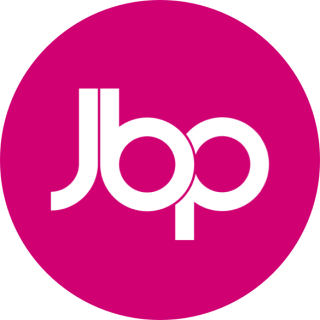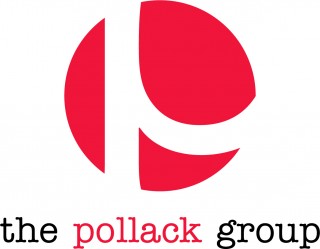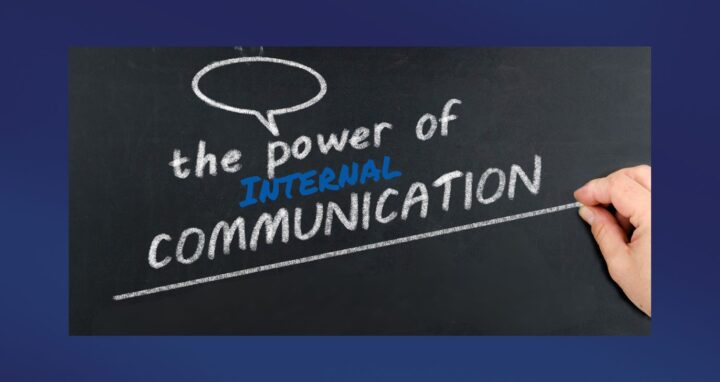The Request for Proposal (RFP) process is a widely used method for selecting vendors, creative agencies, PR firms, and other service providers. It makes sense—when a company has a need, requesting a proposal in some format is a logical step.
However, the way an RFP is generated, who manages it, and how communication is handled throughout the process can create frustration for both the issuing organization and the bidders. As an organization of independent public relations companies worldwide, Worldcom partners have unique insight into the content, process, and drawbacks of reviewing, responding to, and winning or losing RFPs.
“The Request for Proposal (RFP) process is designed to ensure fairness and transparency when organizations engage PR agencies,” said Stefan Pollack, President & CFO of The Pollack Group.
While the proposal process for PR and communications programs can be relatively straightforward and effective in identifying the right agency, it also comes with significant challenges. In the United Kingdom, this process is known as a Tender, which can place a heavy burden on business development and agency resources.
Chris Lawrance, Managing Director of JBP, noted that the process can sometimes become “an exercise in unnecessary wasted time for both the buyer and bidder, and doesn’t always effectively distinguish the abilities of competing participants.”
For a process that carries high stakes for both sides, it presents several challenges that can impact its effectiveness. Worldcom examined the RFP process to provide insights into its challenges, benefits, and recommendations for overcoming its inherent issues.
Agency decision time – the eight dos and don’ts for PR buyers
Rethinking The RFP Process: How To Ensure The Best Outcomes In PR Procurement
Challenges of the RFP Process
The challenges that can occur during the RFP process can be varied. There are many different aspects that are impacted including:
Time-Consuming & Resource-Intensive
- Lengthy Process: RFPs can take weeks or even months to complete, from drafting to evaluation and final selection.
- High Effort Required: Organizations must dedicate significant time and resources to writing detailed requirements, reviewing responses, and conducting evaluations.
Lack of Clarity in Requirements
- Vague or Overly Complex RFPs: If an RFP lacks clear objectives, vendors may struggle to submit accurate proposals, leading to mismatched expectations.
- Overly Prescriptive Scope: Rigid RFPs may prevent vendors from proposing innovative or alternative solutions that could be more effective.
Limited Competition & Bias Risks
- Pre-Determined Outcomes: In some cases, RFPs are written with a preferred vendor in mind, reducing fairness.
- Limited Vendor Pool: Overly restrictive requirements may discourage vendors from submitting bids, limiting competitive options.
Evaluation Complexity & Subjectivity
- Difficult Comparisons: Evaluating proposals from different agencies can be challenging, especially when responses vary in format and detail.
- Internal Disagreements: Decision-making committees may struggle to align on the best proposal due to differing priorities and perspectives.
Costly for Both Sides
- Expensive for Companies: Issuing an RFP requires significant labor and administrative resources.
- Costly for Vendors: Preparing a thorough RFP response requires a major investment from agencies, which can deter smaller companies from participating.
Limited Flexibility & Innovation
- Rigid Criteria: Traditional RFPs can restrict creative or alternative solutions that might be more cost-effective or innovative.
- Changing Business Needs: By the time an RFP is completed, business needs may have shifted, making the chosen solution less relevant.
Low Vendor Engagement
- Poorly Structured RFPs: Unclear or overly complex RFPs can discourage agencies from participating, reducing the number of quality responses.
- Lack of Communication: Limited Q&A opportunities between buyers and vendors can lead to misunderstandings and weaker proposals.
Benefits of the RFP Process
Despite these challenges, the RFP process provides several advantages:
- Structured Decision-Making: RFPs offer a formalized approach to sourcing, allowing organizations to compare vendors systematically and ensure alignment with project requirements.
- Competitive Pricing: By soliciting multiple bids, companies can leverage competition to achieve cost-effective solutions.
Overcoming RFP Challenges
Organizations can improve the RFP process by implementing the following strategies:
- Ensure Clear and Objective Scope Requirements: This helps attract quality vendors and ensures more accurate responses.
- Maintain Transparency in Communication: Open lines of communication are critical. Allow bidders to ask questions privately and ensure thorough responses to all inquiries.
- Adopt a Collaborative Approach: Flexibility and openness to alternative solutions can lead to better results.
- Standardize Evaluation Criteria: Comparing the same key elements improves objectivity and streamlines decision-making.
- Optimize the Process: Refining RFP language, clarifying requirements, and setting realistic timelines can improve response quality and efficiency.
While the RFP process remains a valuable tool for sourcing and procurement, organizations must continuously refine their approach to address inherent challenges. Ongoing research and technological advancements will play a key role in making the process more effective and efficient.





